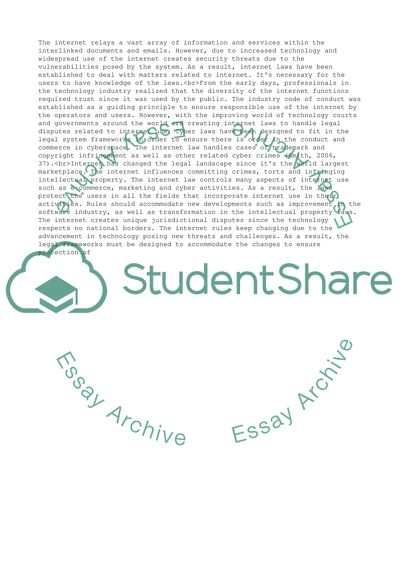Cite this document
(“MGMT Essay Example | Topics and Well Written Essays - 2000 words”, n.d.)
Retrieved from https://studentshare.org/management/1663685-mgmt
Retrieved from https://studentshare.org/management/1663685-mgmt
(MGMT Essay Example | Topics and Well Written Essays - 2000 Words)
https://studentshare.org/management/1663685-mgmt.
https://studentshare.org/management/1663685-mgmt.
“MGMT Essay Example | Topics and Well Written Essays - 2000 Words”, n.d. https://studentshare.org/management/1663685-mgmt.


